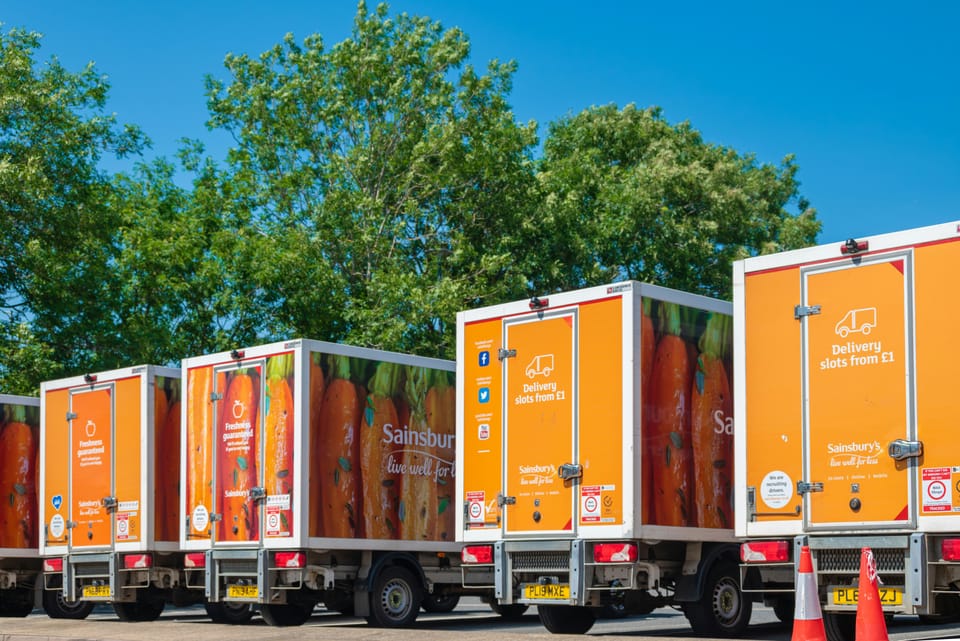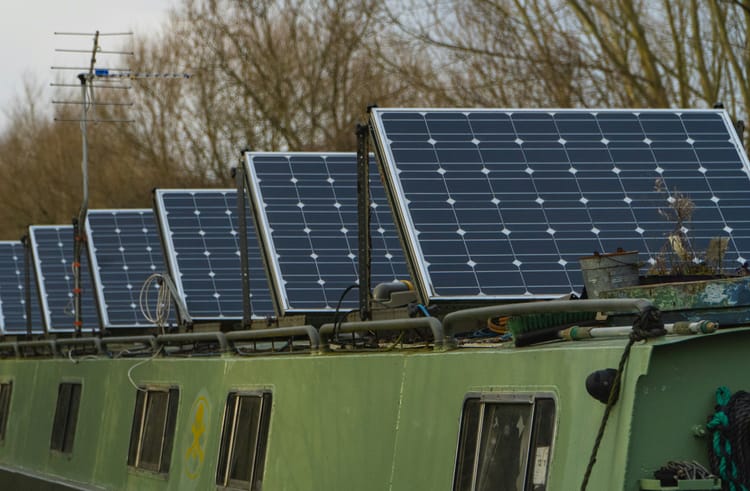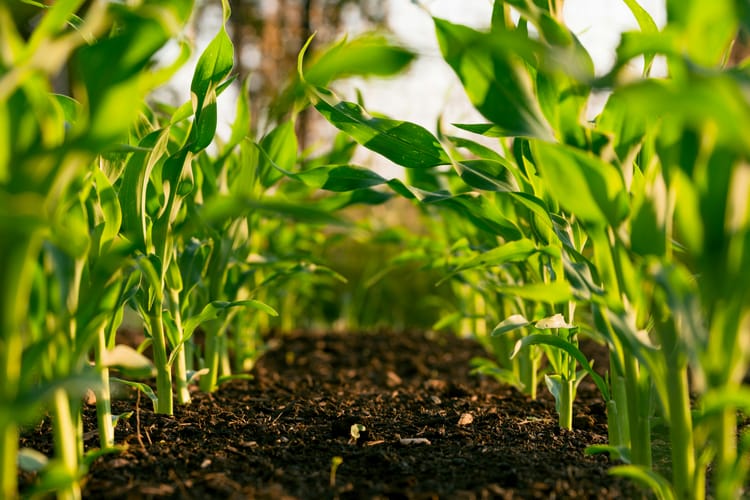Sainsbury’s unveils new 2030 climate targets that include land use and agriculture

UK supermarket chain Sainsbury’s is working towards a 68% reduction in operational emissions as well as two separate value chain goals by 2030 – new targets that have just been approved by the Science-Based Targets Initiative.
Sainsbury’s is the latest retailer to refine its decarbonisation plans, following Aldi UK and Ahold Delhaize earlier this year – and follows in Unilever’s footsteps in adjusting its Scope 3 targets based on improved data and methodologies.
Specifically, its Scope 1 and 2 decarbonisation ambition for 2030 has been increased from 50% to 68%, while its previous 30% Scope 3 reduction goal has been divided into two new objectives: 50.4% for emissions from purchased goods and services, upstream transportation and distribution and use of sold products, and 36.4% for emissions that come from forests, land and agriculture (FLAG).
This is the first time the UK retailer has set goals for these land use emissions, and these also come with a commitment to end deforestation across primary commodities such as soy and palm oil by the end of 2025.
Ruth Cranston, Director of Corporate Responsibility and Sustainability at Sainsbury’s, said: “Getting our updated targets validated by the SBTi is an important step forward. The effects of climate change are already very real so it’s vital that we act now to reduce emissions and protect and restore nature to help us build a resilient future for all. Our ambition to achieve net zero by 2050 will require transformation across our whole business, supply chains, as well as how we help our customers to make more informed choices. We can't do this alone, so collaboration as an industry will be critical to drive the required change."
Growing focus on agricultural supply chains
This increased ambition reflects a growing recognition that net zero goals cannot be achieved without dramatically changing agricultural practices – a realisation that culminated into the Emirates Declaration on Sustainable Agriculture, Resilient Food Systems, and Climate Action signed by more than 130 countries at COP28.
Many leading companies in the food industry are rolling out regenerative agriculture programmes in the hope of not just reducing emissions, but also increasing food systems’ climate resilience.
In its latest sustainability report, Sainsbury’s states that it is also committed to “sustainable sourcing and nature regeneration”, with specific goals around commodities with high deforestation risk, as well as seafood sourcing. Now, the retailer will have to translate its newly approved FLAG targets into an actionable transition plan, likely to be published later this year. In 2018, the company reported 26.6 million tonnes of Scope 3 emissions.
Sainsbury’s sustainability progress
To date, Sainsbury’s has reduced absolute operational emissions by 51.4% from a 2018 baseline. It achieved this by removing Hydrofluorocarbons (HFCs) and natural gas across its stores, introducing more efficient refrigeration systems and 100% LED lighting across its estate, switching to 100% renewable electricity and launching more energy-efficient supermarkets.
While it is yet to report any progress on Scope 3 targets, the company has started implementing certain measures to reduce emissions from its value chain, such as introducing lower-carbon beef and requesting suppliers to disclose emissions.







Member discussion